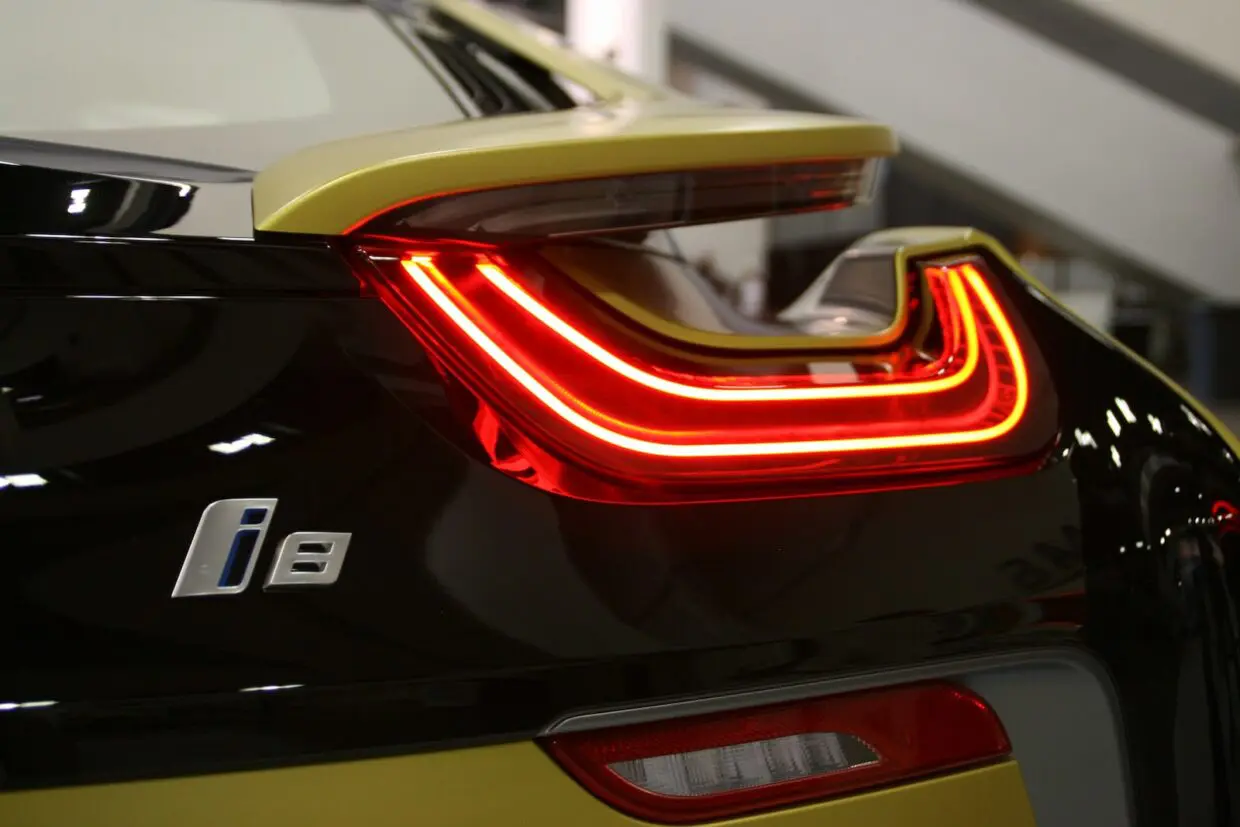The hybrid car revolution has taken the world by storm, and New Zealand is at the forefront of the movement. As consumer demand for more sustainable vehicles rises, hybrid cars are emerging as an increasingly attractive option for New Zealanders. In this article, we’ll take a closer look at the current and future prospects of hybrid cars in New Zealand, exploring their advantages, challenges, and implications for the overall automotive landscape.
Advantages of Hybrid Cars
Hybrid cars offer a range of advantages over traditional gasoline-powered vehicles. These include:
- Reduced emissions and improved fuel efficiency
- Low running and maintenance costs
- High torque for responsive acceleration
- Silent, smooth ride quality
The environmental advantages of hybrid cars make them an attractive choice for many New Zealanders, who are increasingly looking for ways to reduce their carbon footprint. Hybrid cars produce significantly fewer emissions than conventional petrol and diesel-powered vehicles, and their improved fuel efficiency helps to keep fuel costs down. Hybrid cars also offer a quieter, smoother ride quality, and their high torque provides responsive acceleration. In short, hybrid cars are cost-effective, eco-friendly, and offer a comfortable and enjoyable driving experience.
Challenges of Hybrid Cars
Despite their numerous advantages, hybrid cars face some obstacles that may limit their uptake in New Zealand. These challenges include:
- High initial purchase cost
- Potential problems with batteries
- Limited availability of spare parts
- Difficulties with resale value
One of the main challenges of hybrid cars is their high initial purchase cost. By comparison, conventional petrol and diesel-powered cars are cheaper to buy upfront. In addition, there is a potential risk that the car’s battery could degrade or fail over time, which could lead to substantial repair costs. The limited availability of spare parts in New Zealand also poses a challenge. Finally, the difficulty in determining a car’s resale value can make it more difficult to sell a hybrid car in the future.
Implications for the Automotive Industry
These advantages and challenges shape the prospects for hybrid cars in New Zealand. On the one hand, their environmental credentials and improved fuel efficiency make them an increasingly attractive option for consumers. On the other hand, their relatively high purchase cost and potential battery issues may limit their uptake. It is likely, then, that hybrid cars will continue to play a role in the future of New Zealand’s automotive industry.
The emergence of hybrid cars has led to a shift in the industry, as manufacturers have had to adapt to meet the changing demands of consumers. The increasing popularity of hybrids has also spurred the development of electric vehicles, as manufacturers look to take advantage of the latest technology in the pursuit of improved sustainability. In the coming years, then, we can expect to see further innovation in the automotive industry—from the emergence of new models to the development of new fuel sources—as the industry strives to meet the changing needs of New Zealanders and keep up with global trends in sustainable driving.
To conclude, hybrid cars are becoming an increasingly attractive option for New Zealanders, offering reduced emissions, improved fuel efficiency, and a smoother, quieter ride. Despite some challenges, hybrid cars are likely to become a more prominent part of New Zealand’s automotive landscape, as manufacturers adjust to the changing demands of consumers and explore new technologies.
